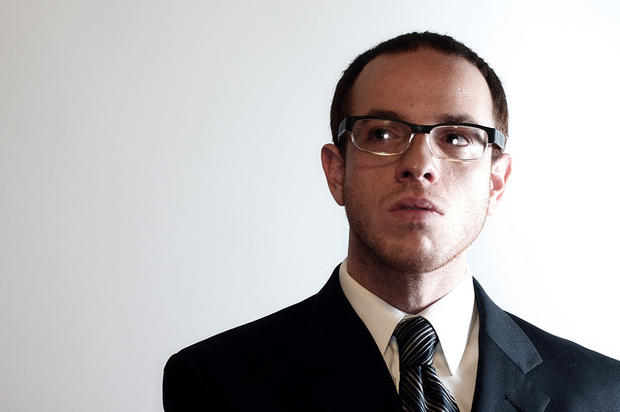Why you didn't land the top job
Suzanne Lucas, a fellow MoneyWatch columnist, recently wrote a very popular piece addressing the concerns of a reader who said she had applied to every job imaginable and still couldn't get hired. Lucas suggested that part of the problem was in the "every;" a targeted job search is much more effective than a wider one.
Now, a study of hiring managers and job seekers from the Career Advisory Board, sponsored by DeVry University, provides another possible explanation: During the interview process and even on their resumes, job candidates aren't emphasizing the skills and characteristics that hiring managers actually care about most.
Surprisingly, this failing is most pronounced among those looking for the highest-level jobs. These candidates tend to stress their work ethic, drive, and problem-solving ability -- traits that are actually most desirable in entry-level and mid-level candidates. It's almost as though senior managers are prepping for a job interview the same way they would have done at the beginning of their careers. And that doesn't do much to sell them as truly capable leaders.
The Career Advisory Board surveyed 540 big-company hiring managers and 734 job-seekers. They asked the job seekers which traits or skills they thought hiring managers were looking for. They also asked hiring managers which characteristics were most important to them. The answers didn't match up as well as one would expect.
At the entry level
Entry level job seekers do pretty well selling themselves. Whether that's because they get the most coaching before interviewing or because interviewers are more forgiving, they're making a better impression. Some 79% of hiring managers place primary importance on a strong work ethic, and 82% of job seekers say they try to emphasize this during the interview.
Hiring managers are also looking for the ability to work well with others, people who are self-motivated, people with high integrity, and people with good time management skills. In only one of these categories--self-motivation--do entry level job seekers fall short. Sixty percent of hiring managers say they're looking for self-motivation and drive, and only 49% of job seekers emphasize this in the interview.
Mid-level candidates: Top 5 traits needed to get the job
Mid-level job seekers are asked to show a very different set of traits, and they mostly seem to understand this. The top five traits desired by hiring managers are at this level are problem solving, strong communications skills, self-motivation, good time management skills, and accountability. These are the skills presumably needed to navigate between the order-giving folks at the top and the vast majority of workers tasked with actually making things happen.
Mid-level job seekers generally do a good job explaining their qualifications at these levels. It's not until the seventh-ranked characteristic - interpersonal skills -- that mid-level job seekers underperform. Thirty-six percent of hiring managers place a strong emphasis on interpersonal skills, but just 27% of job mid-level job seekers do the same.
What's valued in the exec suite
Ironically, this is where things fall apart. It's the folks looking for jobs at the highest levels of corporate America that are actually least able to understand what those companies need from them. Here, hiring managers overwhelmingly rank a strategic perspective as the trait they desire most, but only 21% of job candidates make it a priority to show they can bring this to the table. The second most-wanted characteristic is high integrity, and in that one instance, job candidates and hiring managers are on the same page.
After that, things go downhill again. Hiring managers rank business acumen and a global outlook at the third and fourth most important qualities they're looking for, but only 14% and 6% of candidates, respectively, say they emphasize this during the interview. (That's right--a global outlook is the fourth most-requested trait, but only six percent of senior level job seekers show this in a job interview).
Instead, senior-level job seekers say they emphasize that they have a strong work ethic and are good at problem-solving. Mostly, the people who are hiring for these jobs don't care. The Career Advisory Board even goes so far as to say that by putting a priority on the characteristics most-wanted in more junior people, experienced job seekers are positioning themselves as less-qualified than they really are. If you're interviewing for a big job, you've got to come across in the interview as someone who understands the demands of leadership--and not as a go-getter who's willing to learn on the fly.
Have your interview skills kept pace with your experience? Or are you interviewing as if it's 20 years ago?
More on MoneyWatch:
Is Facebook Helping--Or Hurting--Your Job Search?
25 Weirdest Interview Questions
Finally, Raises Make a Comeback
Image courtesy flickr user rogerimp
Kimberly Weisul is the co-founder of One Thing New. She is also a freelance writer, editor, and editorial consultant. Follow her on twitter at www.twitter.com/weisul.
